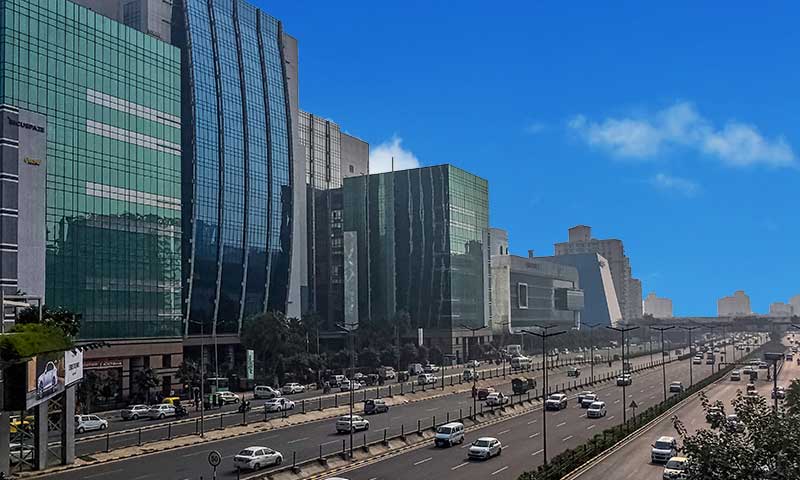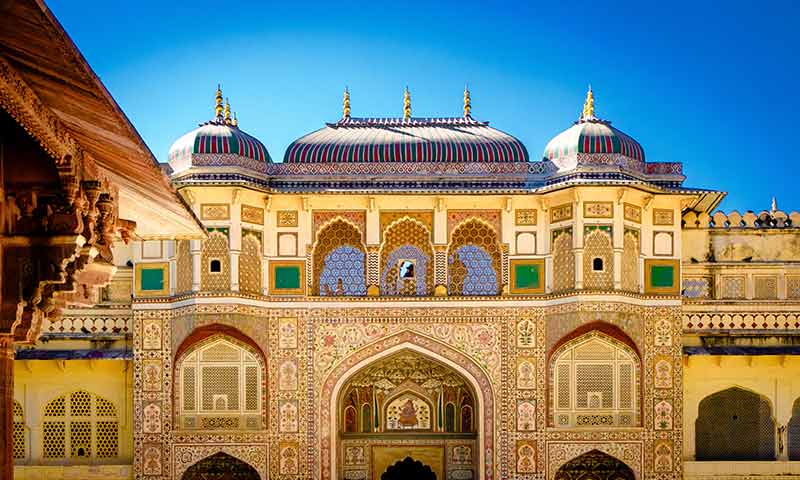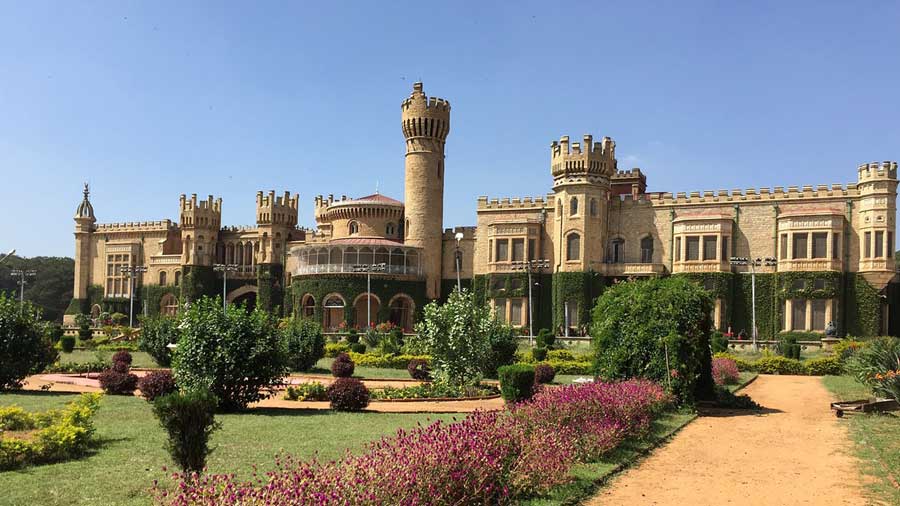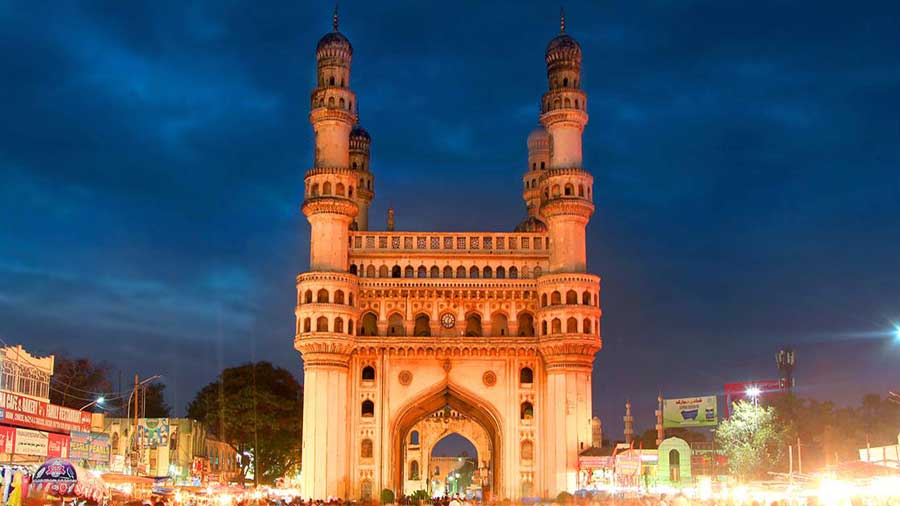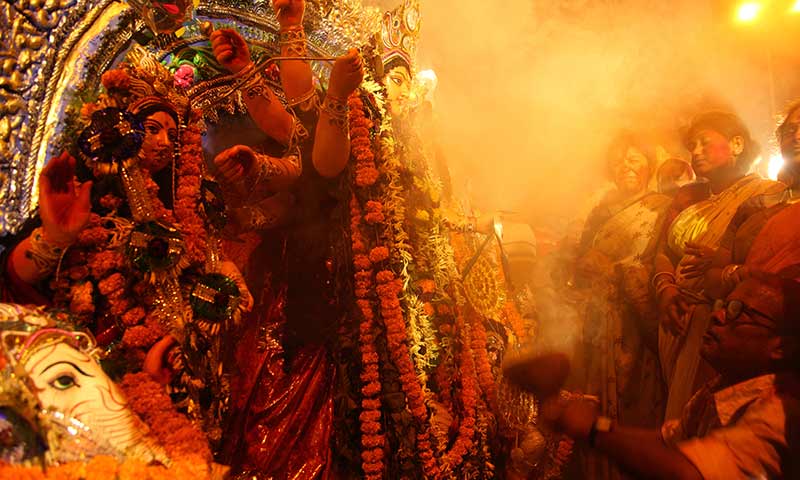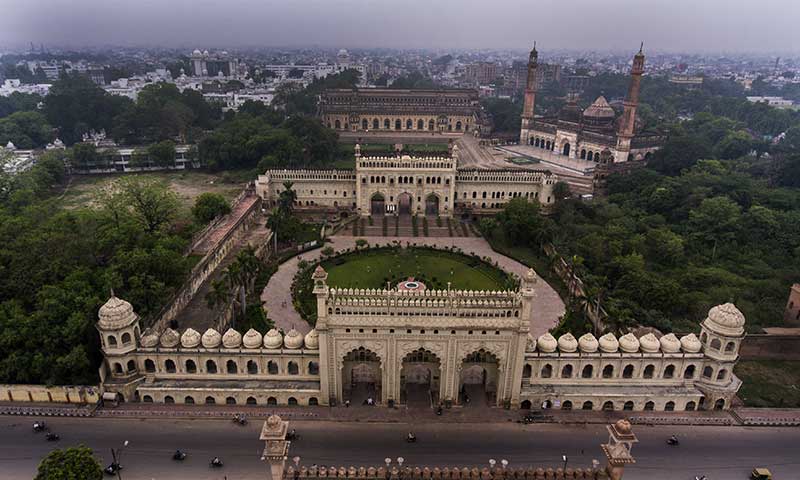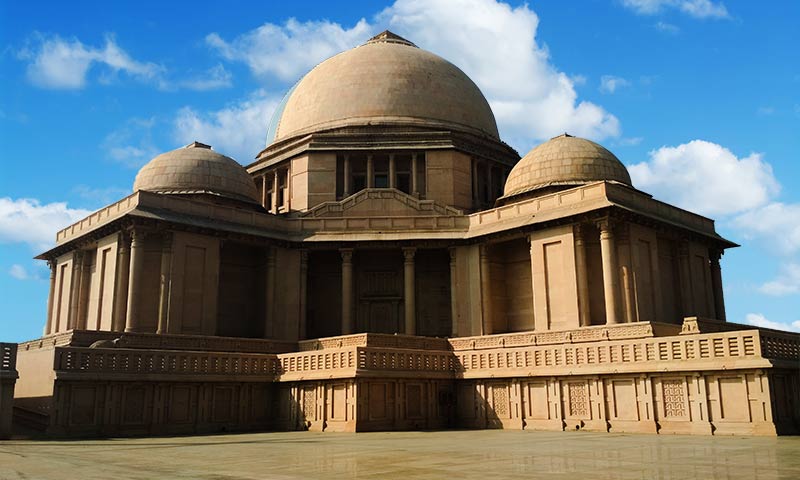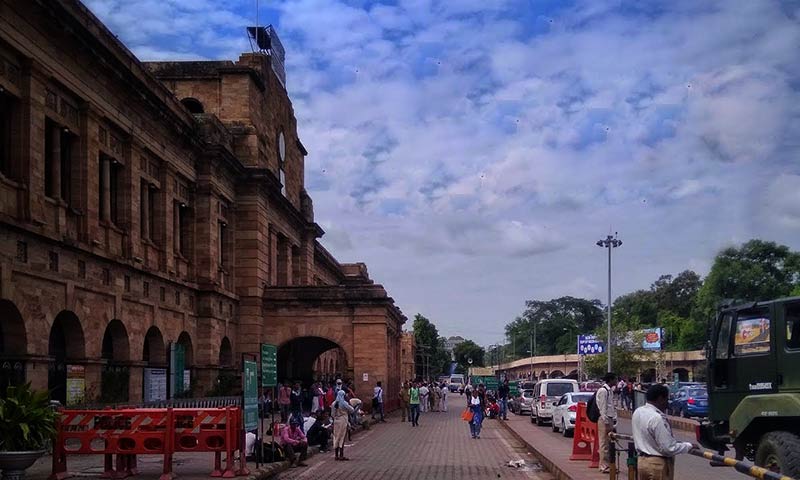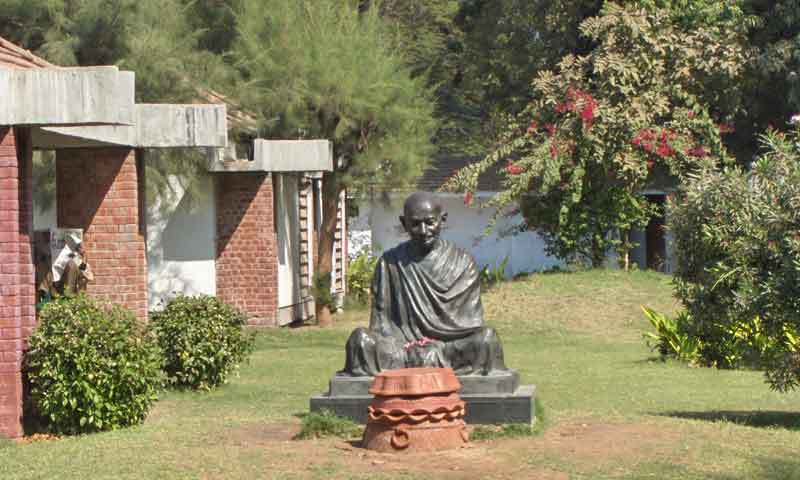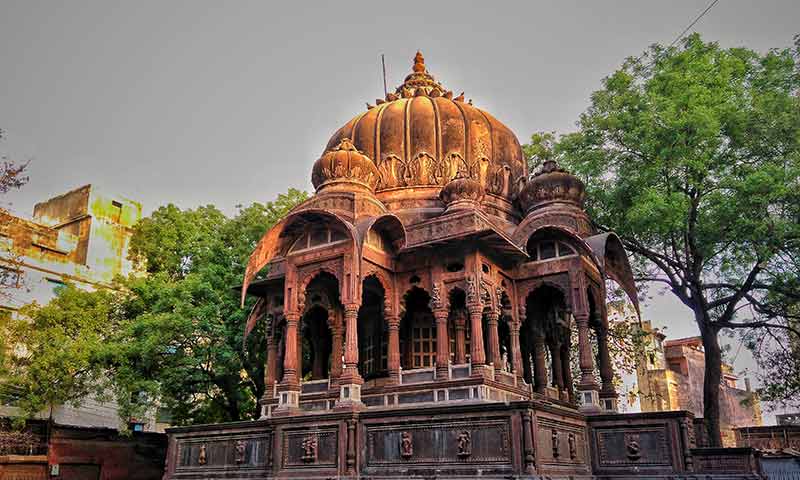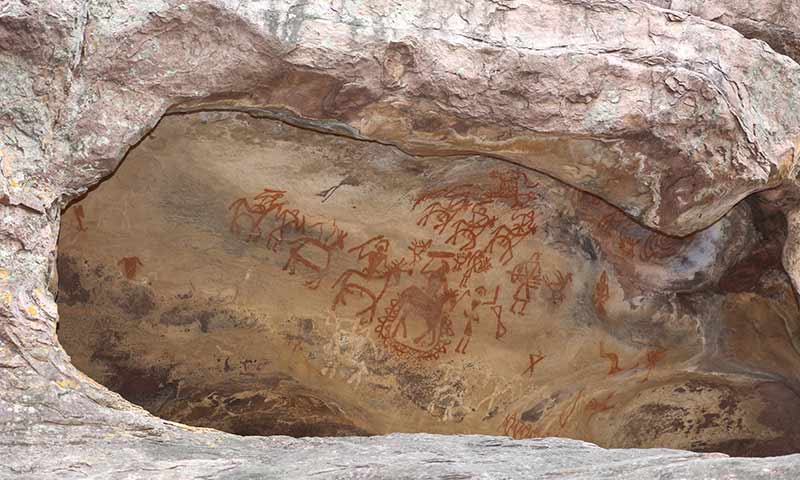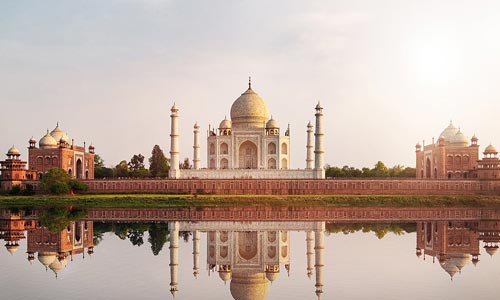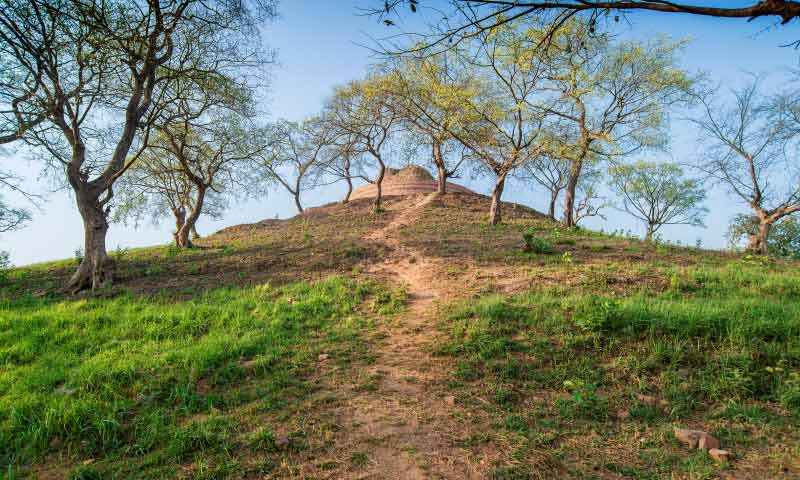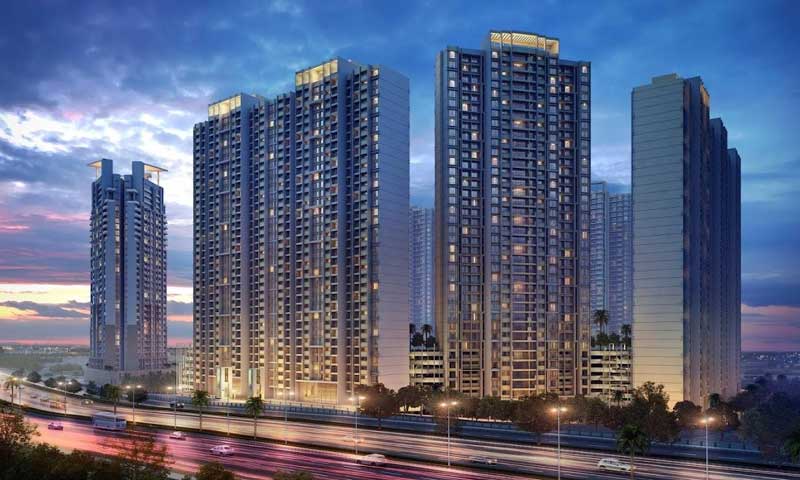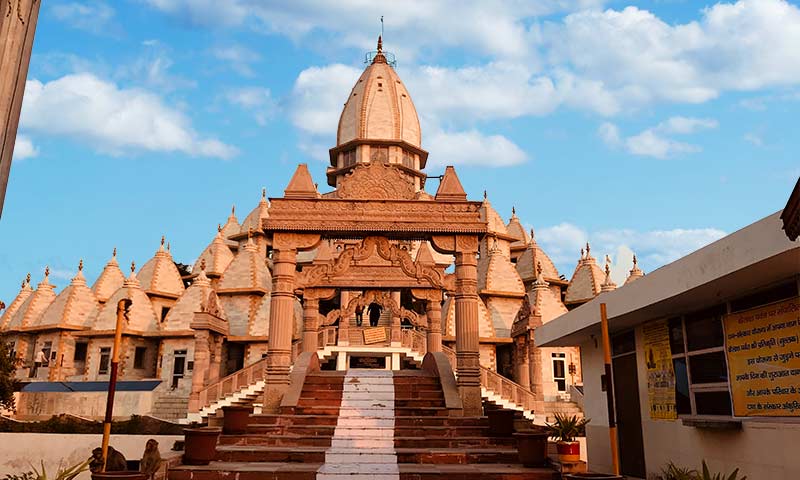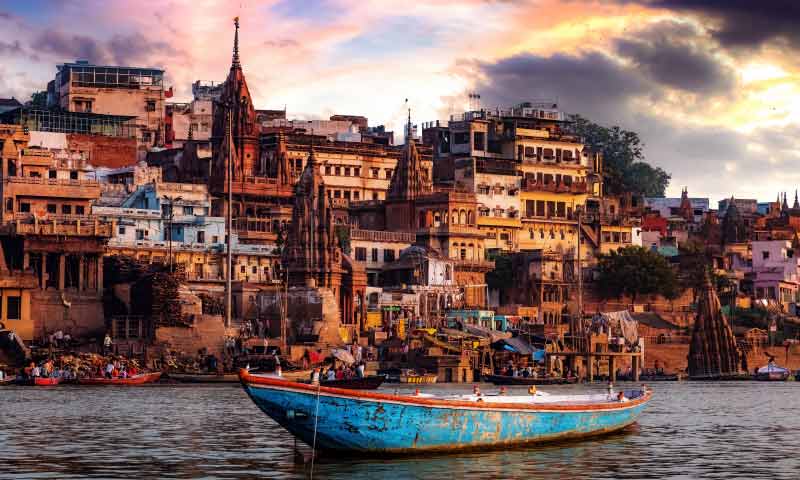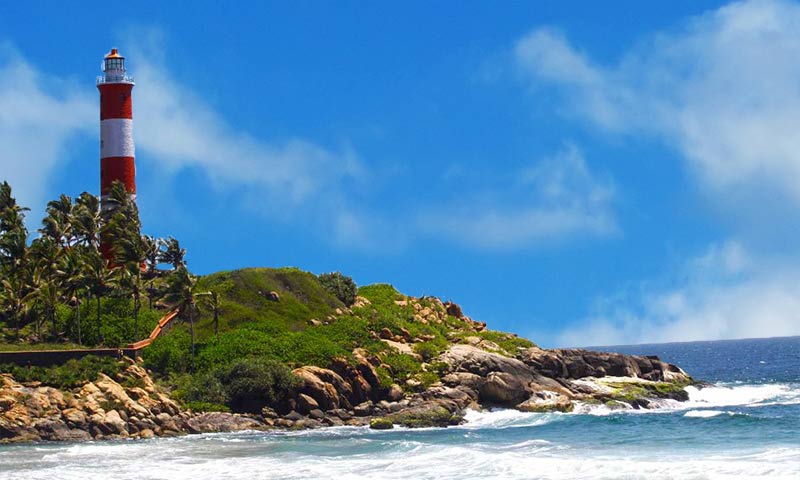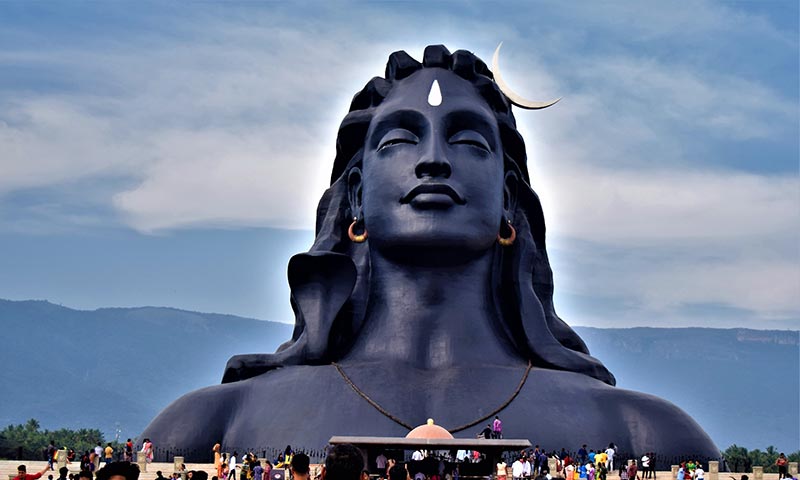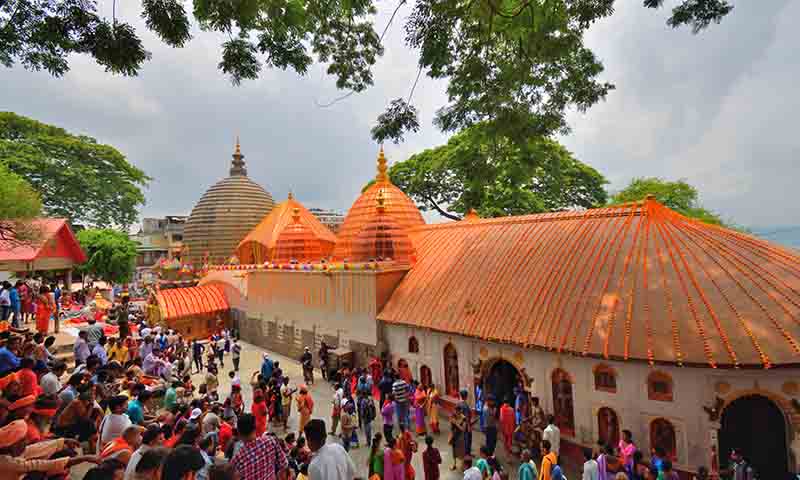Most Famous Mosques/Masjid to Visit in India
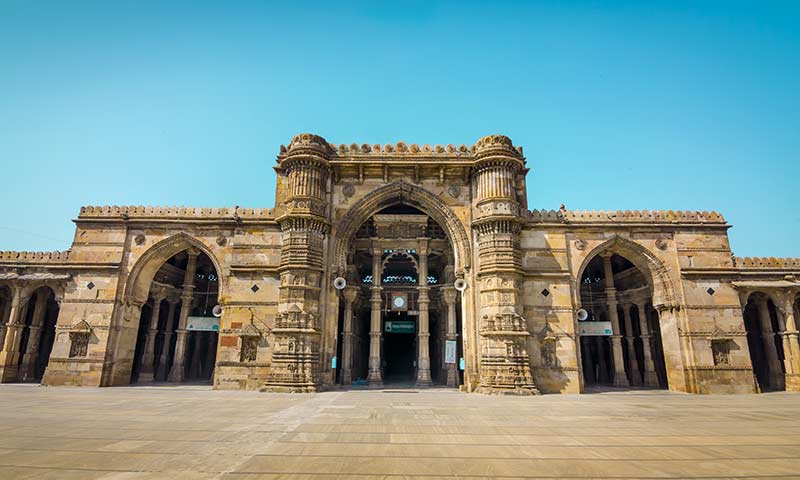
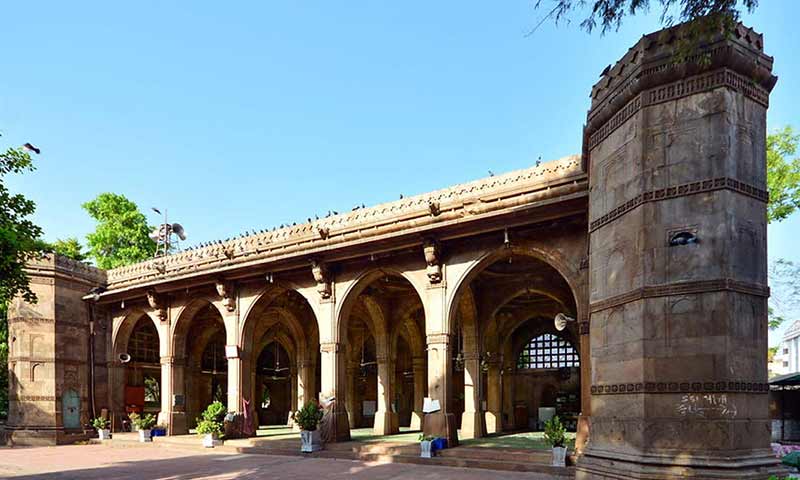
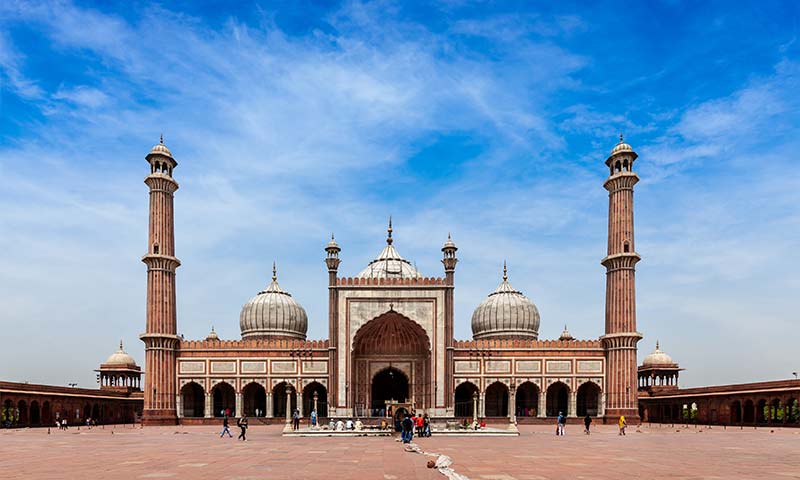
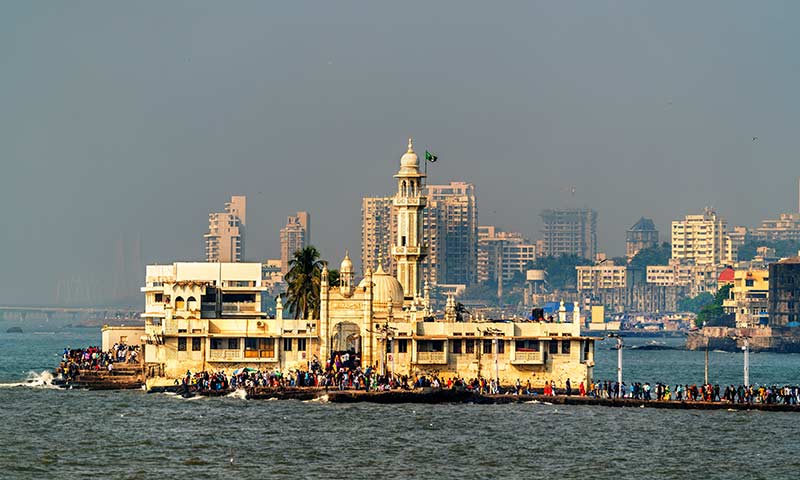
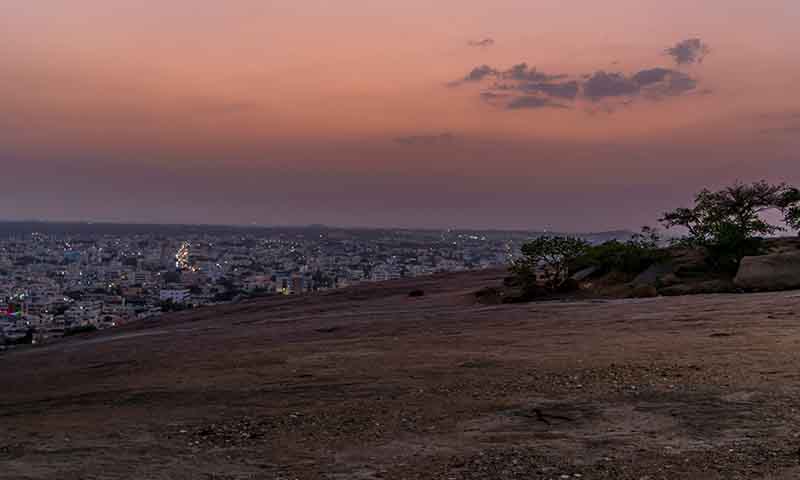
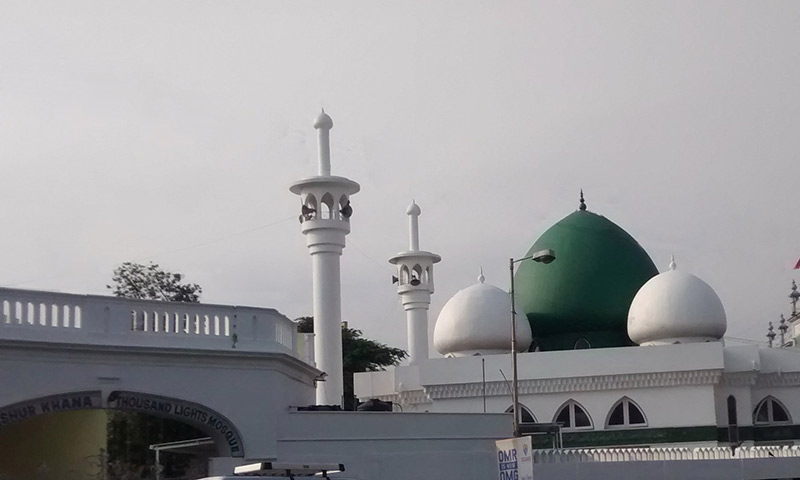




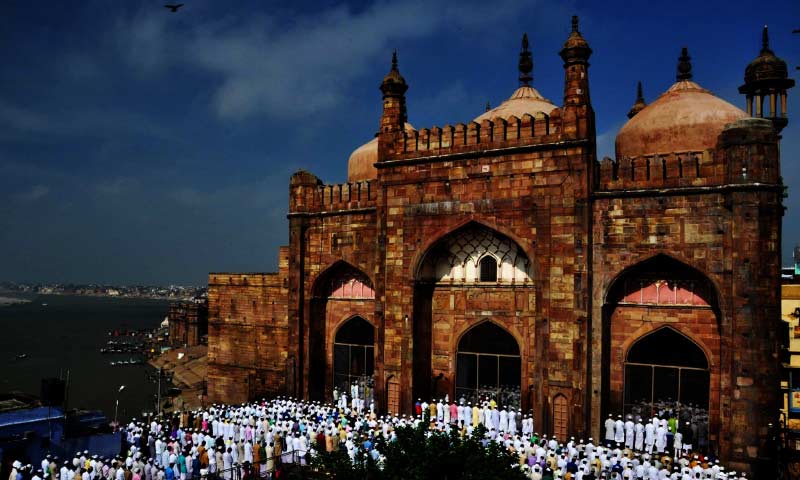
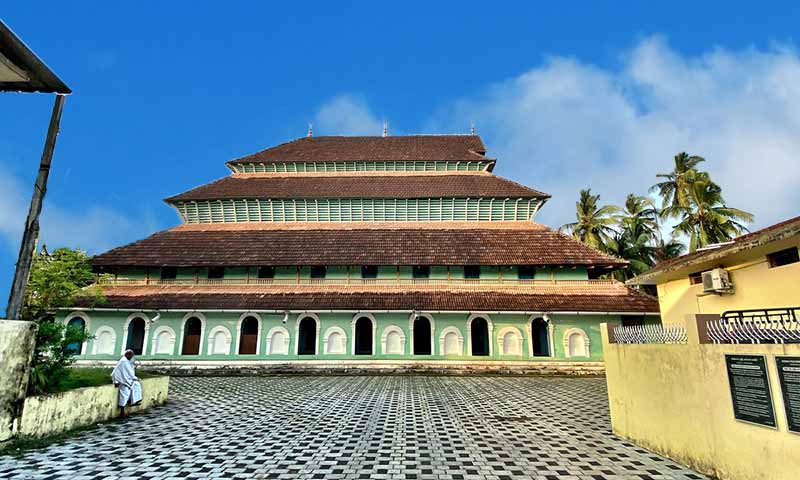
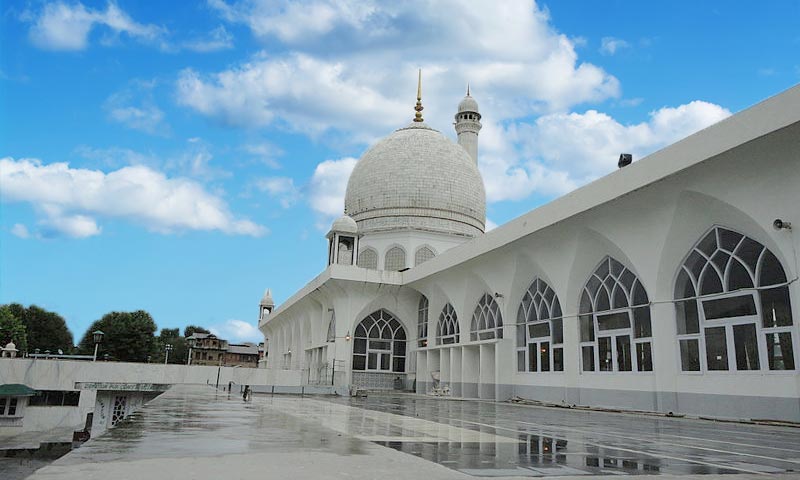
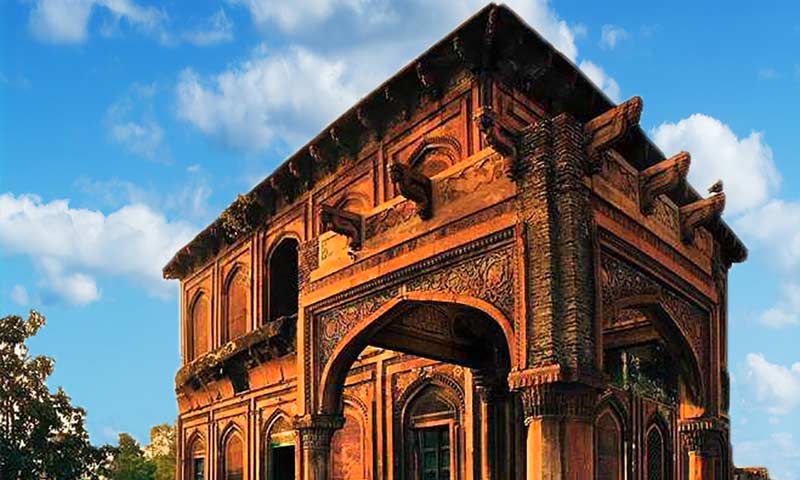

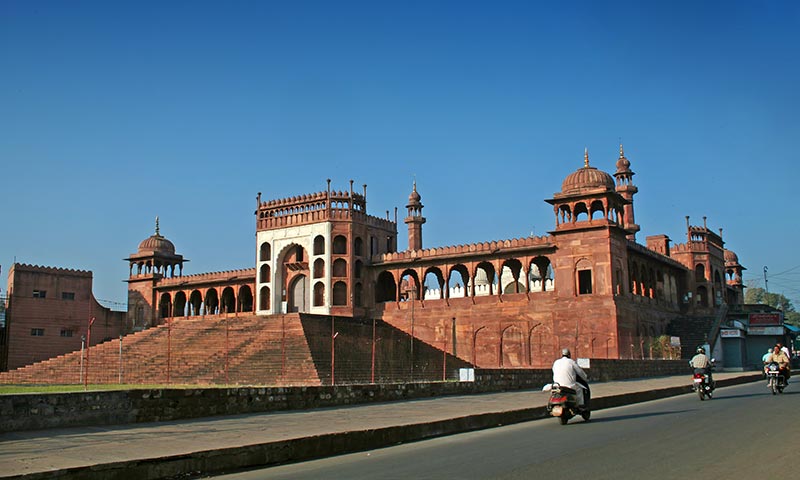

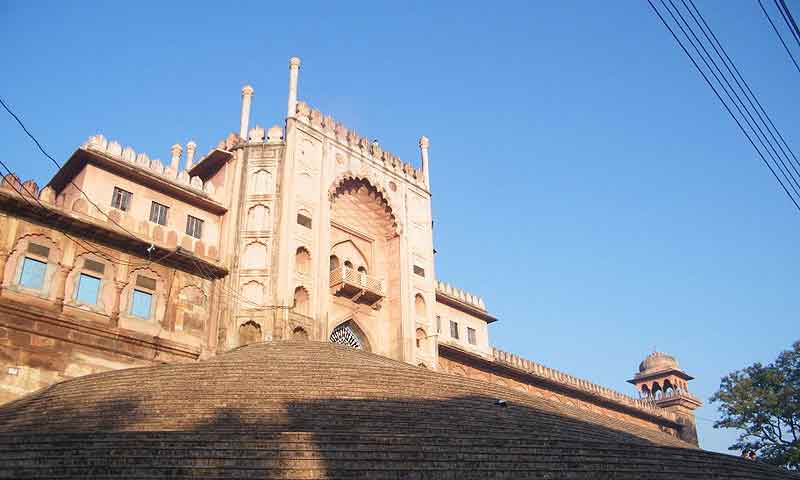

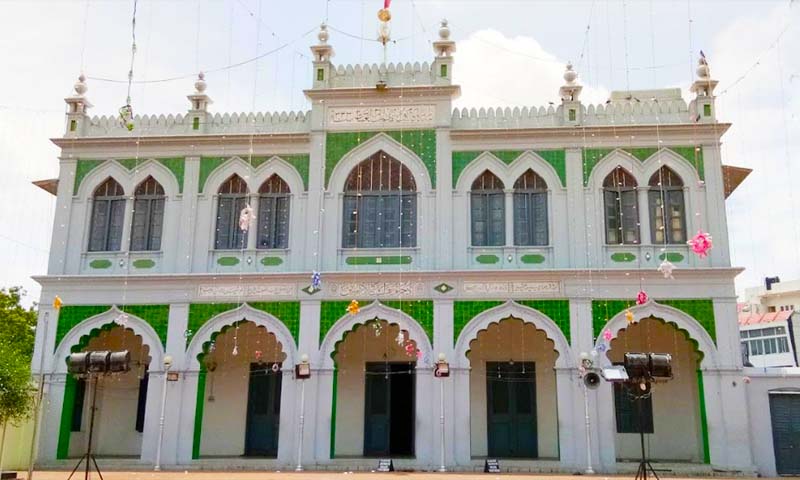

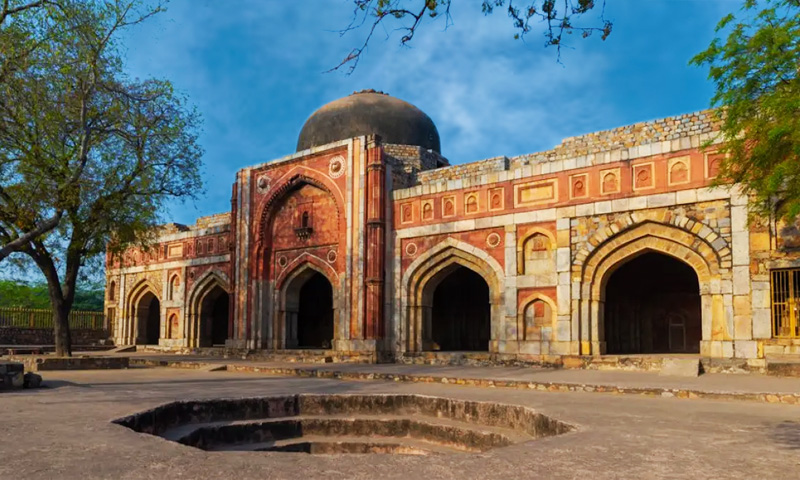
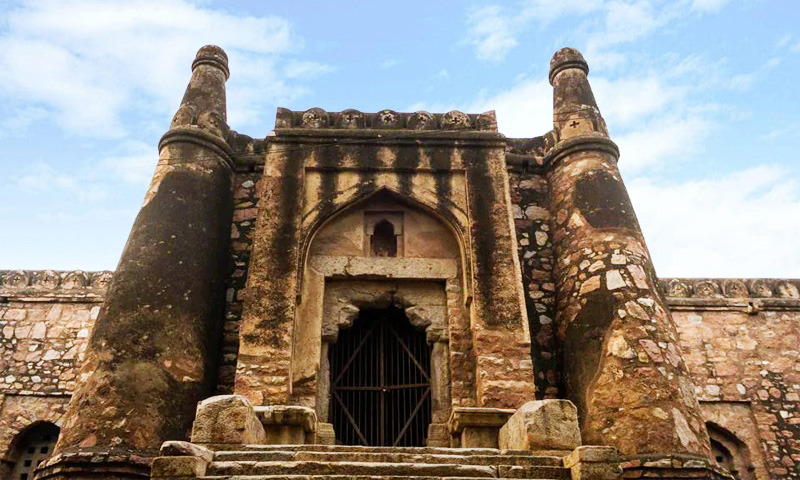
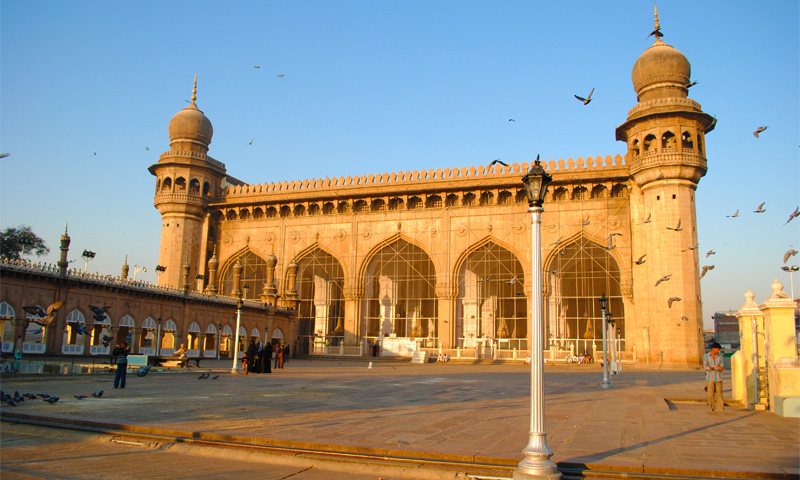
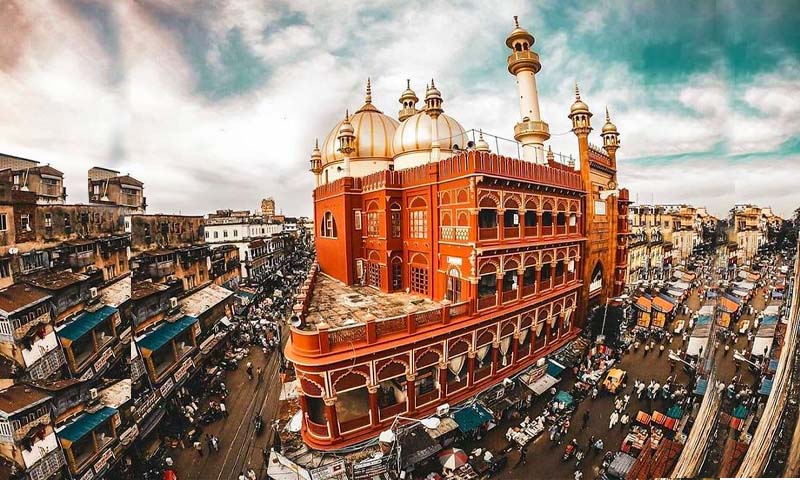



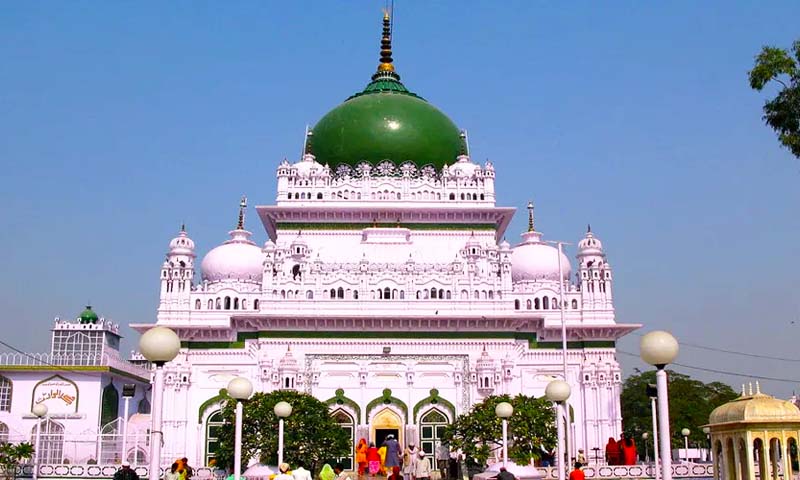

26 Most Famous Mosques/Masjid to Visit in India
Jama Masjid Sidi Saiyyed Mosque Jama Masjid Haji Ali Dargah Moula Ali Dargah Thousand Lights Mosque Bara Imambara Chota Imambara Jama Masjid Hazrat Tajuddin Dargah Alamgir Mosque Mishkal Mosque Hazratbal Mosque Shahpeer Sahab ki Dargah Choti Dargah Moti Masjid Jama Masjid Taj-Ul-Masjid Hazrat Nizamuddin Dargah Thousand Lights Mosque Moth Ki Masjid Jamali Kamali Mosque and Tomb Khirki Masjid Mecca Masjid Nakhoda Mosque Beth El Synagogue Neveh Shalome Synagogue Shah Najaf Imambara Dewa Sharif Dargah Haji Abdulreham Malang Shah
Jama Masjid, India
Located outside Bhadra Fort at Manek Chowk, Gandhi Road, Ahmedabad, Jama Masjid is one of the ancient and most popular Islamic places of worship. Jama Masjid is a fine example of the Ahmedabad’s fine architectural heritage. Popularly known as Jumma Mosque you will be enthralled by its amazing reflection of Indo-Saracenic form of architecture and matchless charm. The mosque is built in yellow sandstone with splendid archway rectangular prayer hall, marble- floored courtyard with impressive columns imposing domes and intricate jallis.
Sidi Saiyyed Mosque, India
Located at Dr. Kankaria Road, Opposite Electricity House Gheekanta near Lal Darwaza, Sidi Saiyyed Mosque was built in 1572-73 AD and is popularly known as Sidi Saiyyed ni Jali. It is one of the most famous mosques of Ahmedabad exhibiting architectural grandeur and decorative latticework. The mosque is famous for beautifully carved ten stone latticework windows on the side and rear arches are filled with square stone pierced panels made in beautiful geometrical designs. The two bays which flank the central aisle have stone slabs carved in amazing designs of intertwined trees, dense foliage, and a palm motif. The central window arch is walled with stone.
Jama Masjid, India
One of the most renowned mosques, Jama Masjid is located west of Red Fort Off Netaji Subhash Marg in Old Delhi and is the largest mosque in India. It has a vast courtyard capable of holding almost 25,000 devotees. This great architectural edifice of Shah Jahan is highly decorative and ornamental with three great gates, four towers and two 40 m-high minarets constructed out of strips of red sandstone and white marble. The mosque is open every day of the week from 7 am to noon and 1.30 pm to 6.30 pm. The tourists are not allowed during the prayer hours.
Haji Ali Dargah, India
Red Carpet Wax museum is a unique gallery exhibiting life-like wax statues of famous national and international personalities. The plush surroundings glamorous interiors create a royal ambiance and impart a feeling of true red-carpet treatment to the visitors. Photo fanatics get a unique opportunity to get pictures clicked with celebrities, scientists, great leaders and other icons. The main purpose of making this wonderful gallery is to offer an opportunity to artisans and craftsmen to showcase their unique talent.
Moula Ali Dargah, India
Maula Ali Dargah is a famous pilgrimage destination almost 10 km from Secunderabad in Hyderabad. This heritage site was built by Asif Jahis (Qutab Shahis) in the memory of Hazrat Ali Prophet Muhammad's son-in-law. This Sufi shrine is perched on the top of a rocky hill. The devotees climb almost 400 steps to reach the Dargah. At the foot of the Dargah, many priests chant hymns which creates a tranquil atmosphere. You can also have a breathtaking view of the city and the surrounding countryside from here. Due to its rocky terrain, the area is also immensely popular with trekkers.
Thousand Lights Mosque, India
The mosque was constructed in the conventional Islamic design with multiple domes and high minarets by the Wallajah family. It is one of the largest mosques in the country and is revered by all Muslim communities alike. The mosque houses the shrine of Imam Hossein, the grandson of Prophet Muhammad, and is therefore of prime significance to the Shia Muslims around the world. Going by a popular narrative it took about 1000 oil lamps to lighten its large assembly hall and this is how the mosque got its name. The walls of the mosque are adorned with the lines from the Holy Quran. The mosque draws pilgrims and tourists from all over the world, especially during Muharram, the first month of the Islamic calendar.
Bara Imambara, India
It is an 18th-century architectural wonder built by Nawab Asaf-ud-Daula. The building is an acclaimed monument and evinces the exquisite style of Mughal engineering. The humungous does not use metal or wood and is considered to be the world's largest structure that is unsupported by beams. The Imambara is predominantly famous for its Bhul Bhulaiya locally, a series of labyrinths on the top floor led by a flight of stairs on the outside. This place is especially revered by the Shia Muslims and the festival of Muharram is organized here. The Bada Imambara also houses the grave of Nawab Asaf-Ud-Dowlaha.
Chota Imambara, India
Also known as the Imambara of Hussainabad, it is situated adjacent to the Bada Imambara. Built by Muhammad Ali Shah in the 19th century, this is yet another spectacle of awe-inspiring craftsmanship. Its large dome, towering minarets, and sprawling lawns personify its grandeur. The walls adorned with Arabic inscriptions. It is popularly also called the palace of light owing to extensive use of glass and interiors incandescent with grand chandeliers and the interiors are adorned with Arabic inscriptions. The monument also houses two facsimiles of Agra's Tajmahal. This was originally meant for the congregation of Shia Muslims, but later it became the resting place of Nawab and his mother.
If you already bought the ticket at Bara Imambara, then this monument is also covered in the same ticket.
Jama Masjid, India
Exhibiting the splendor of Indo-Islamic architecture Jam Masjid is located amid the city and is an important seat of worship for Shia Muslims. Made out of yellow sandstone the grandeur of its craftsmanship is spellbinding. Built by Sultan Ahmed Shah in 1423 the monument has 260 pillars supporting 15 arched domes on different elevations. The domes remain inlaid with delicate designs while the pillars are adorned with ornate carvings inspired by the Hindu and Jain cultures. It is a testimony of the beauty and magnificence of the times bygone, that the city of Lucknow has been a witness to.
Hazrat Tajuddin Dargah, India
Located on Umreth Road near Dighori the shrine is dedicated to Muslim Sufi saint Syed Mohammad Baba Tajuddin also known as Tajuddin Baba. It attracts huge number of worshippers from all faiths. People can be spotted making vows and tying strings of faith. The simple yet splendid architecture of the dargah, the fragrance of the burning incense, the sound of Qawwali, and the tranquility can transport anyone into a state of eternal bliss. It has a separate section for performing Vaju. The place reverberating with Qawwali reinforces the faith in Sufi ideology, affirms the importance of Islamic heritage, and propagates the oneness with the Almighty. If one wishes to experience inner peace this place is a must-visit.
Alamgir Mosque, India
Alamgir Mosque is a historical mosque amidst picturesque surroundings. The outstanding Indo-Islamic style of architecture dating back to 17th century. It has a captivating backdrop of scenic River Ganga. Aurangzeb built this mosque after demolishing Vishnu Temple. Perched atop the Panchganga Ghat, you need to climb a long narrow way to reach the mosque. The view of River Ganga from the top is amazing, especially in the evening. Also known as Beni Madhav ka Darera the rustic exteriors of the mosque with its minarets and high domes are striking. There is a small pond and fountain in the courtyard of the mosque.
Mishkal Mosque, India
Located on the Malabar Coast of Kozhikode the 14th-century mosque is a cultural, historical, and architectural marvel. The mosque was built by a Muslim merchant -shipowner belonging to the Nakhuda community, who were the wealthiest traders of medieval India.The structure has a stable stone base and steps run around the building. The mosque has a typical medieval style layout with no cupolas, no minarets but a tiled roof. The turquoise colored mosque is built of timber and originally had five stories. The mosque houses a large and a well-ventilated prayer hall. It has 47 doors, 24 carved pillars inlaid with beautiful motifs, and a large tank.
Hazratbal Mosque, India
Located in the heart of the city of Vijayawada is the Hazaratbal Mosque, which is an important seat of faith for Muslims. The splendid structure is cast out of marble is a sheer architectural marvel. The mosque holds a significant position among the Muslim devotees because it houses a sacred relic of the Prophet Mohammed, the founder of Islam. The relic is put upon for public display once a year. It is believed that a devotee can get rid of even the most difficult problems of life by just catching a glimpse of the sacred relic. The mosque witnesses throngs of devotees from all over the world.
Shahpeer Sahab ki Dargah, India
Shapir ki Dargah or Shahpeer Sahab ka Mazaar is a burial place of Shahpeer Saheb in Meerut. It was built in 1628 by queen, Noor Jahan during the Mughal era. It was constructed to honour the teacher of Emperor Jahangir, Hazrat Shahpeer who also was a consultant to the queen. The monument, the adjoining pillars and the lush green gardens all around makes Shapir, a must-visit destination in the city. The monument is built of bright red stones, which gives the monument an appealing facade under the sunset sky. Every year large number of people throngs this place during the Ramadan month as a religious fair is held over here.
Choti Dargah, India
It is basically a 3-storied mausoleum located in Maner that is located at a distance of 30 km from the city of Patna on NH 30. It is basically the burial site of Makhdum Sultan Saiad Shah Ahmad Charampose Teg Barhana. He was a notable saint of the 13th century. It was believed that he possessed occult powers and therefore he ranked very high among the Sufi saints of that era. The place has huge religious significance and people from far and wide come here for getting their wishes granted. It is said that anyone who comes here will not go empty handed.
Moti Masjid, India
Moti Masjid is a renowned historic landmark built in 1860 by Sikander Jehan Begum of Bhopal, daughter of Qudusiya Begum. Commonly known as the Pearl Mosque, it is located in the heart of the city of Bhopal at Hawamahal Road, Chowki Talaiya, Peer Gate. Although small in size, the architecture of this mosque is impressive. It has an exquisite white marble facade with two small cupolas on the top and striking dark red towers on either side of the main structure.
Jama Masjid, India
It is one of the fascinating pilgrimage destinations in Bhopal with a beautiful lake at its backdrop. It is located in Loha Bazar Chowk Bazaar Road, Jama Masjid, Ibrahimpura, and Peer Gate Area amidst bustling bazaar. Ideal for devotees this majestic mosque is old and exhibits brilliant architectural structure. The palatial Jama masjid is impressively built with beautiful golden spikes on the domes of the tall minarets and a vast courtyard. This mosque is built red sandstone and is one of the largest mosques in Asia.
Taj-Ul-Masjid, India
Located at NH 12, Kohefiza, Bhopal, Taj-UL Masjid is the largest mosque in India with a capacity of 175,000 people. Referred to as 'The Crown of Mosques,' it reflects the magnificent blend of Mughal and Indo-Islamic architecture. devotees visit this awe-inspiring mosque with a well-manicured lawn, spacious courtyard, and three massive domes made of marble built over the main edifice along with two towering minarets. The impressive archways are massive and awe-inspiring. The artwork on the imposing mosque is amazing Taj-UL Masjid.
Hazrat Nizamuddin Dargah, India
Hazrat Nizamuddin Dargah is a famous Sufi shrine located in Delhi, India. The dargah is dedicated to Hazrat Nizamuddin Auliya (1238–1325), a prominent Sufi saint and philosopher. He was known for his teachings on spirituality, love and devotion to God. The dargah complex includes several structures, including the tomb of Hazrat Nizamuddin Auliya, the tomb of Amir Khusrau (a famous poet and disciple of the saint) and other smaller tombs and structures. The architecture reflects a mixture of Islamic and Indo-Persian styles. The dargah holds a special place in the hearts of Sufi devotees and pilgrims. It is a place of spiritual importance where people from different backgrounds come to seek blessings, offer prayers and pay their respects.
Thousand Lights Mosque, India
The Thousand Lights Mosque located in the heart of Chennai is a prominent and historic place of worship for the Muslim community. It is famous for its architectural beauty, religious significance and the spiritual atmosphere it provides to the visitors. The mosque is an iconic landmark that stands as a testament to the diverse cultural heritage of Chennai.
Moth Ki Masjid, India
The Moth Mosque was built during the reign of Sikandar Lodi, a ruler known for his patronage of architecture and the arts. The historical significance of the mosque lies in its representation of the cultural fusion that took place during the Delhi Sultanate period. Its design harmoniously blends Islamic architectural traditions with local craftsmanship, creating a distinctive visual identity. The mosque follows a simple and traditional layout, consisting of a single-aisle prayer hall where worshipers gather for prayer. The huge prayer hall is covered by the imposing central dome, which symbolizes the centrality of the mosque in the lives of its devotees. Symmetrical design and clean lines are characteristic of the Lodi architectural style.
Jamali Kamali Mosque and Tomb, India
Jamali Kamali Masjid is a mausoleum along with a mosque located in Delhi. It is named after a Sufi saint poet named Jamali. The mausoleum, where Jamali Kamali is buried, is adjacent to the mosque and is known for its impressive architecture. The interior of the mosque and mausoleum is decorated with beautiful frescoes, decorative tiles, and inscriptions in Persian and Arabic script. These inscriptions provide information about Jamali Kamali's life and beliefs. The mosque uses red sandstone and marble designs (a popular trend in Mughal architecture). The prayer hall has five arches with a dome rising from the top of the central arch. Painted red and blue, Jamali Kamali's tomb stands in the form of a square structure topped by a flat roof.
Khirki Masjid, India
Khirki Masjid was a mosque built by Khan-i-Jahan Junan Shah. Because of the beautiful windows built inside the mosque, it got its name Khirki Masjid. This mosque is two storeyed. There are bastions at the four corners of the mosque which give it the appearance of a fort. There are about 85 domes in the mosque complex which add to its beauty and uniqueness. Considered to be the only historical architecture in northern India that is a blend of both Hindu and Muslim architecture, the Khirki Masjid is a perfect blend of two different frontiers.
Mecca Masjid, India
Mecca Masjid, one of the oldest existing mosques in India, is located in Hyderabad, the joint capital of the Indian state of Telangana and Andhra Pradesh. This mosque has special religious importance among the Islamic people as well as its historical importance and it is also a heritage site protected by the state government. The mosque was built during the 17th century, and is a state-protected monument. It serves as the primary mosque for the old city of Hyderabad.
Nakhoda Mosque, India
The Nakhoda Mosque is a prominent Islamic place of worship located in the bustling city of Kolkata, West Bengal, India. It is one of the largest mosques in the country and holds significant cultural and religious importance for the local Muslim community.
Beth El Synagogue, India
Beth El Synagogue, also known as the Beth El Temple, is a historic Jewish synagogue located in Kolkata, India. It holds significant cultural and religious importance for the Jewish community in the city.
Neveh Shalome Synagogue, India
The Neveh Shalome Synagogue, also known as the Magen David Synagogue, is a historic Jewish place of worship located in Kolkata, India. It is a significant landmark in the city and a testament to the Jewish community's presence in Kolkata.
Shah Najaf Imambara, India
Shah Najaf Imambara is an iconic religious and historical site in Lucknow, Uttar Pradesh, which stands as a symbol of both spiritual devotion and architectural grandeur. This Imambara holds deep significance for the Shia Muslim community and gives visitors a glimpse of the rich cultural heritage of the city. It was built on the lines of Hazrat Ali's tomb in Najaf, Iraq. The large dome of the Imambara is distinctive as it is very different from other domes, having a thin neck like a drum at its base and is onion shaped.
Dewa Sharif, India
Dewa Sharif, located near the city of Lucknow in Uttar Pradesh, is a famous Sufi temple and a holy site for devotees from different parts of India and abroad. It is famous for the Dargah of Haji Waris Ali Shah. This spiritual center is not only a place of worship but also a symbol of peace, harmony and the teachings of Sufism, welcoming people of all religions.
Dargah Haji Abdulreham Malang Shah, India
The Dargah Haji Abdulreham Malang Shah is a significant religious shrine located in Mumbai, India. It holds great importance for the local Muslim community and attracts visitors from various parts of the country and beyond. This revered Dargah is dedicated to Haji Abdulreham Malang Shah, a saintly figure known for his piety and contributions to the spiritual welfare of the people.
EXPLORE PLACES IN INDIA BY CATEGORY:

